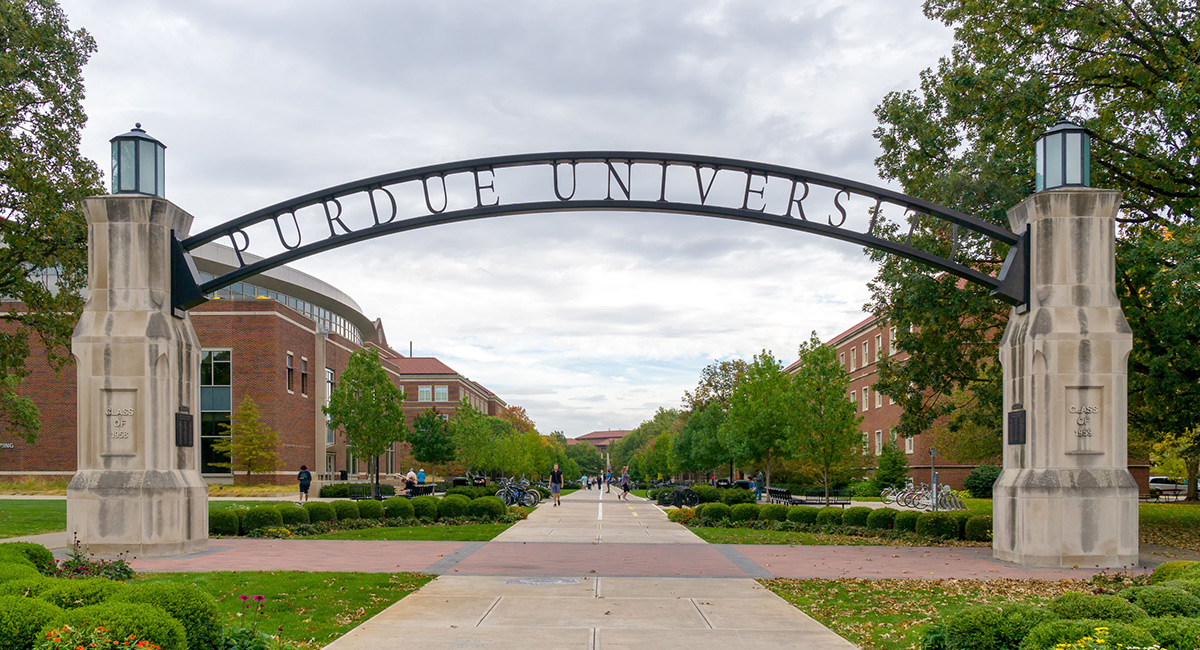My modest band of followers is tired of my saying it, but, with apologies to West Virginia’s Gordon Gee, Arizona State’s Michael Crow, and Southern New Hampshire’s Paul LeBlanc, probably the best major university president in America right now is Purdue’s Mitch Daniels. He implemented a tuition freeze seven years ago that is spectacularly successful, forcing some serious rethinking of inefficient, expensive management practices. He teamed with Gallup to learn more about how students and recent grads feel about college. Purdue bought the respected Kaplan on-line educational operation, starting Purdue Global. It helped pioneer the use of Income Share Agreements, a promising way of financing college. The innovations are many and Purdue has done well, with rising enrollments and reputation as tuition fees have fallen both adjusted for inflation and relative to the competition.
Mitch has started his second year as a septuagenarian, an age when most people are retired, although relative to some major American political figures (e.g, Trump, Biden, Sanders, McConnell, Pelosi) Daniels is, if not a child, still a tad youthful. He has come up with a sensible approach to today’s existential issue: how do you deal with a pandemic like COVID-19?
In a letter to the Purdue community, Daniels states, “Purdue University...intends to accept students on campus in typical numbers this fall, sober about...certain problems that the COVID-19 virus represents, but determined not to surrender helplessly to those difficulties but to tackle and manage them aggressively and creatively.”
Daniels notes that younger Americans are less likely to get this coronavirus and, far more important, most of those who do get it suffer only modest discomfort—similar to what one gets catching flu bugs that confront us annually. The dangers to most college students from COVID-19 are extremely small. Hence, why seriously compromise their education at this critical stage in their lives? To be sure, as Daniels acknowledges, there are some older members of the university community, including many teachers, who are more at risk, and having them teach remotely makes more sense on health grounds. The proposed Purdue approach seems similar to what Sweden is doing now.
I think Daniels is on the right track. He is very careful to say that his plans are preliminary, and will be likely modified as new information becomes available. He is also saying, I think, “Americans are innovative and adaptable. While medically, we very appropriately want to minimize lives lost to this pandemic, we also don’t want it to force us to abandon our job—educating students in the best possible manner, while continuing to expand the frontiers of knowledge to provide better, longer lives for our progeny.”
I have recently talked to a number of undergraduate students, most at Ohio University, but some from other institutions (e.g., Princeton) sent home to learn on-line. Most of them are pinning to get back to school and resume a more or less normal academic life, with some socialization. Humans are highly social animals, and 18 to 22-year-old ones are even more so, and human interaction is an important part oftheir learning—transitioning from kids living under parental direction to relatively independent adults. They develop lifelong enduring friendships, often including a spouse. Interfering with that socialization process may be desirable for health reasons, but we should use a cost-benefit approach, and I agree with Daniels that the costs to most students from leading a fairly traditional campus life with direct human interaction is low, but the benefits are great. We should use innovative ways to reopen campuses to serve both the traditional educational as well as the less academic but still important social functions that colleges provide.
I am old and have some of the health conditions (albeit moderately) particularly vulnerable to COVID-19. Still, I hope to teach “live” this fall (for the 56th year at Ohio University), keeping my class small (12-15), having students sit six feet apart in a fairly large classroom, and, if necessary, doing some supplemental instruction via Zoom. While on-line instruction can be economical and often useful, students from the time of Socrates have benefited mightily from direct interaction with their teacher and fellow students. Mitch Daniels, never a professor himself, understands that.












